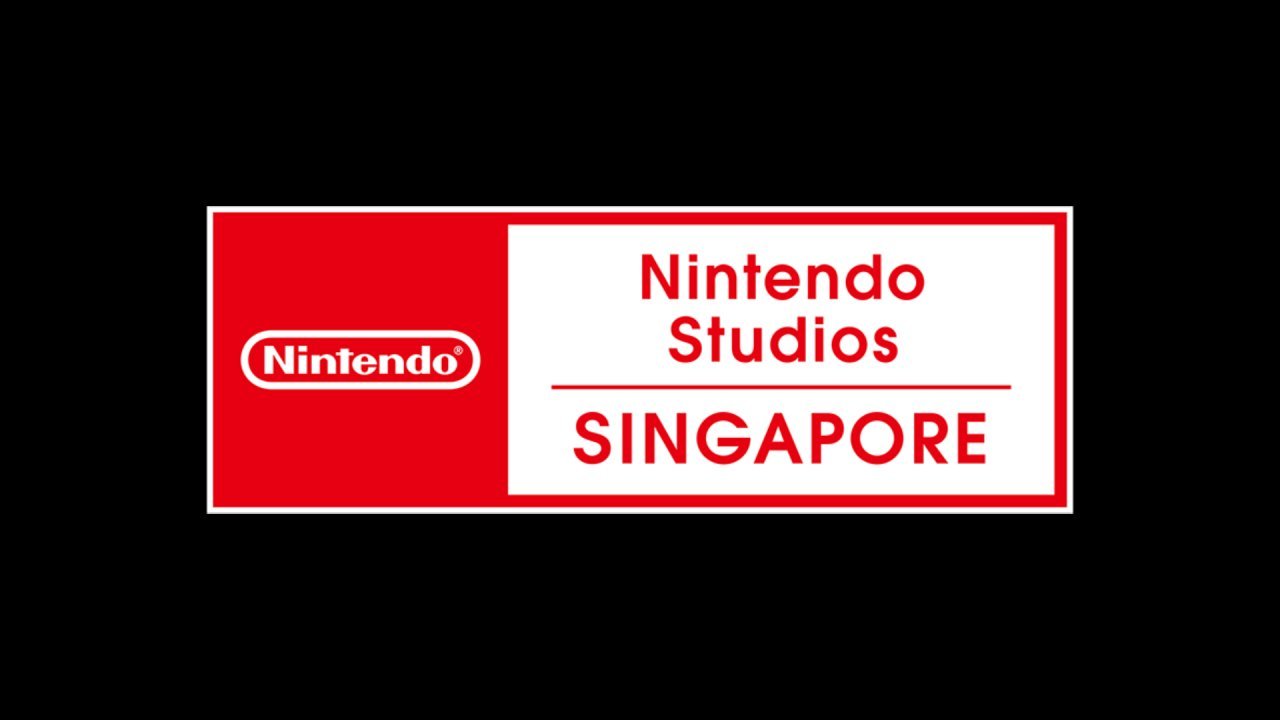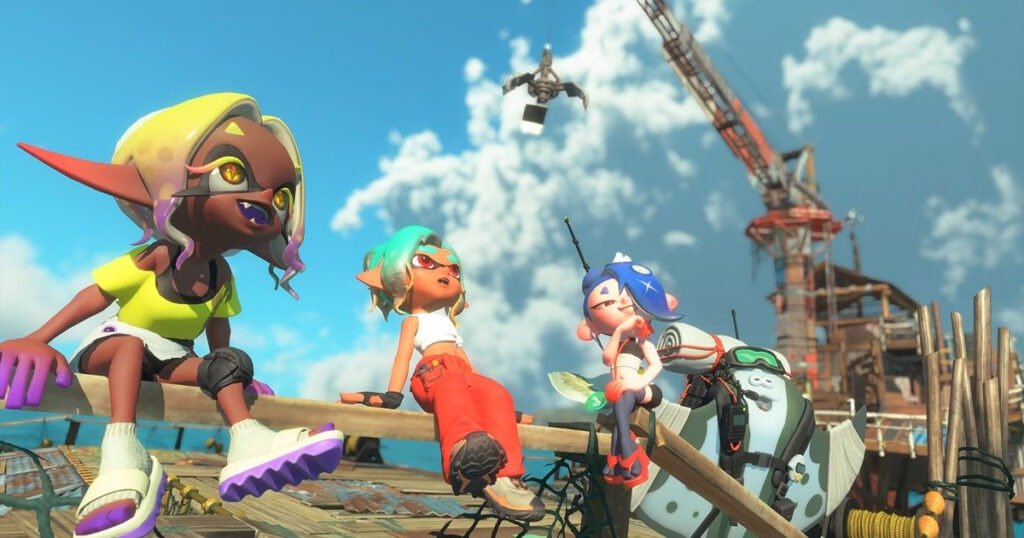Table of Contents
Nintendo to Acquire Bandai Namco Studios Singapore in Major First-Party Expansion
A Longstanding Partnership Evolves Further
Many players may not fully realise the extent of collaboration between Nintendo and Bandai Namco over the past decade. Beyond its well-known involvement in Super Smash Bros. Ultimate, Bandai Namco has quietly become an essential partner behind several of the Big N’s titles.
That partnership is now entering a new phase, as the Japanese giant moves to acquire Bandai Namco Studios Singapore (BNSS) formally.
A Team Already Embedded in the Development Ecosystem
In a newly published announcement, Nintendo confirmed plans to purchase a controlling stake — at least 80% — in BNSS, with the acquisition expected to be completed by April 2026.
The Singapore-based team has already supported multiple projects, most notably Splatoon, contributing technical expertise and high-quality in-game asset production. The company highlighted the studio’s strong capabilities in art asset creation, a discipline that has become increasingly crucial as game development has grown more complex.
Once the transaction is finalised, the studio will be renamed Nintendo Studios Singapore Pte. Ltd., becoming an official first-party subsidiary. Despite the rebranding, its role will remain consistent: supporting internal development and strengthening global production infrastructure.

Strategic Implications
The acquisition cost was not disclosed, nor were immediate expansion plans for the Singapore studio outlined. It remains unclear whether the company intends to increase hiring, broaden the team’s responsibilities, or integrate the studio into new flagship projects.
What is clear is that this move aligns with the broader strategy of reinforcing its internal development pipeline to meet modern production demands, a strategic response to the rising scope and scale of contemporary game design.
What This Means for the Future
The acquisition strengthens the Japanese gaming giant’s presence in Southeast Asia and ensures a steady flow of high-quality art and technical support for upcoming titles. As the company prepares for its next generation of hardware and software, tighter coordination across studios will likely play a key role in sustaining development efficiency.
The transition into Nintendo Studios Singapore marks a significant moment in the company’s evolving global strategy, and fans can expect this strengthened collaboration to shape future first-party games in the years ahead.

